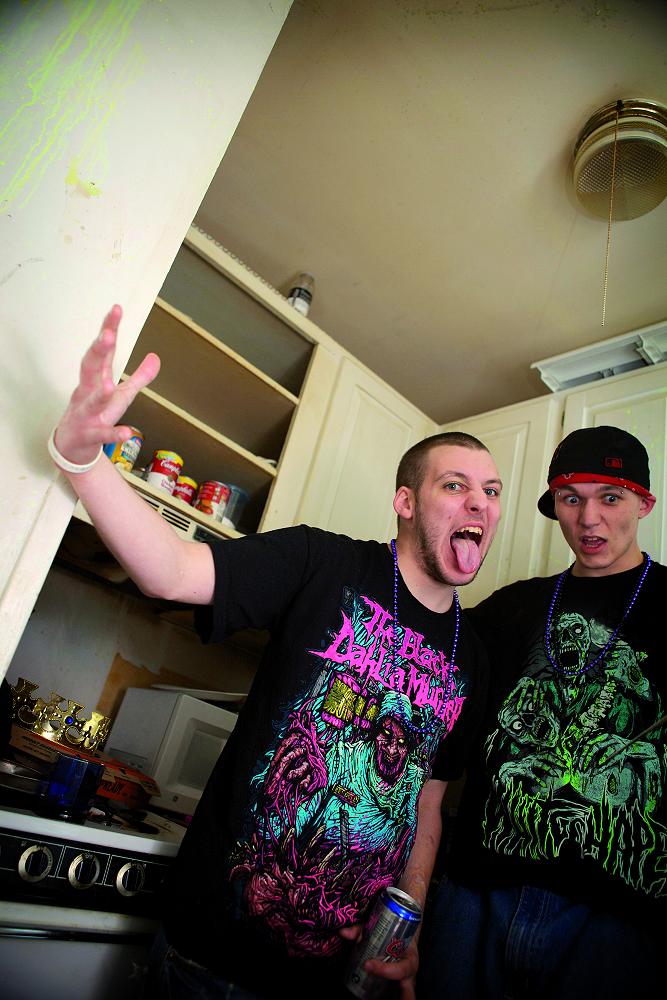
Parenting teens: Parties at Your Home
Parties are an exciting part of growing up and an important way for young people to socialise. As a parent, setting clear boundaries and having a well thought out plan ensures that parties at your home remain fun, safe, and manageable—for both your teen and their friends.
Key Points to Remember:
✔️ Negotiate the rules with your teen beforehand—setting expectations together builds trust.
✔️ Plans and boundaries help to keep everyone safe—structure provides security.
✔️ Supervision is essential—as the host, you’re responsible for your guests.
Strategy 1: Set the ground rules in advance
Before agreeing to host a party, sit down with your teen and establish clear guidelines. This ensures that everyone knows what’s expected and prevents issues before they arise.
Key questions to discuss:
✔️ What time will the party start and end?
✔️ Who is invited? (And how will invitations be managed to prevent gatecrashers?)
✔️ Will alcohol be allowed? If so, how will it be monitored?
✔️ What type of behavior is unacceptable?
✔️ What happens if someone breaks the rules?
✔️ Who will be supervising?
💡 Tip: Decide on designated party areas—for example, keeping guests in the garage or garden, and ensuring bedrooms remain off-limits. If these boundaries are crossed, have clear consequences in place.
If the agreed rules aren’t followed, be prepared to shut the party down—even if it’s not a popular decision.
Strategy 2: Managing alcohol and other risks
Not all teenage parties involve alcohol, especially for younger teens. It is completely okay to say no to alcohol.
However, if you do allow alcohol, you are legally responsible for supervising those who drink it on your property. Some parents use the following approach to keep things under control:
✔️ Collect names and phone numbers of all attendees.
✔️ Speak to their parents beforehand—confirm whether alcohol is permitted and, if so, in what quantity.
✔️ Encourage parents to drop off their teen and meet you at the door—building connections with other parents is useful.
✔️ Limit the type and amount of alcohol permitted and strictly enforce these limits.
✔️ Clearly communicate consequences for breaking the rules.
✔️ Keep food readily available. This slows alcohol absorption and reduces the likelihood of intoxication.
✔️ Provide plenty of non-alcoholic drinks. Many teens feel uncomfortable bringing their own due to peer pressure.
If alcohol is involved, make sure safe transport options are arranged in advance. If some guests are staying over, get parental consent first and set a firm end time for the party.
Strategy 3: Stay in control
As the host, you are responsible not just for your own teen but for every guest in your home. Active supervision is key to ensuring the night goes smoothly.
✔️ Be present, but not intrusive—circulate, offer food, and casually check in.
✔️ Deal with issues before they escalate—early intervention prevents bigger problems.
✔️ Have extra adult support—invite other parents over to help keep an eye on things.
✔️ Control access to alcohol—keep it in one place and monitor consumption.
💡 Tip: If hosting a large party, consider hiring security—it may be cheaper than repairing damage to your home later.
If things get out of hand, don’t hesitate to call the police. It’s better to get help early than to deal with serious consequences later.
Strategy 4: Dealing with drugs and uninvited guests
If your house rules include no illegal drugs, be prepared to enforce this. If you suspect someone is using drugs at the party:
✔️ Address it immediately—speak to them privately and make it clear that drugs are not allowed.
✔️ Contact their parents if necessary.
✔️ Ensure they are safe before sending them home—never allow someone under the influence to leave alone.
✔️ Call an ambulance if needed—paramedics do not notify the police for overdoses.
To prevent problems at the door:
✔️ Have a trusted adult stationed at the entrance to turn away uninvited guests.
✔️ Do not allow intoxicated or aggressive individuals inside.
💡 Tip: Keep alcohol in a controlled location, and consider labeling drinks with guests’ names to prevent excessive consumption. If someone has had too much, cut them off and return any remaining alcohol at the end of the night.
Final thought
Hosting a well-managed party not only keeps your teen and their friends safe but also teaches responsible social behavior. You should expect these same safety measures from other parents when your teen attends a party elsewhere.
Acknowledgement and copyright notice
No Safe Limit are very grateful to Northland District Health Board (DHB) for permission to reproduce this content from the NDHB-Whanau-Pack-ED2-v2.pdf (northlanddhb.org.nz). Northland DHB own the copyright in this material and it must not be copied or reproduced except as expressly permitted by Northland DHB.
